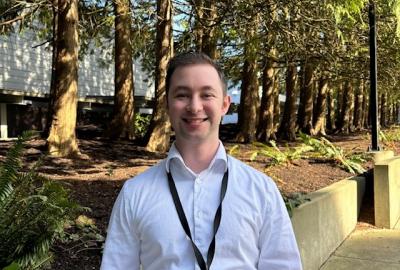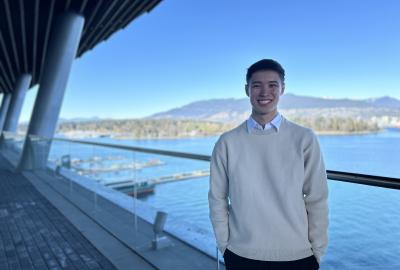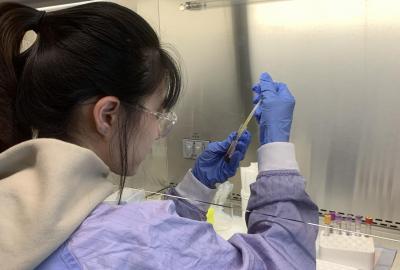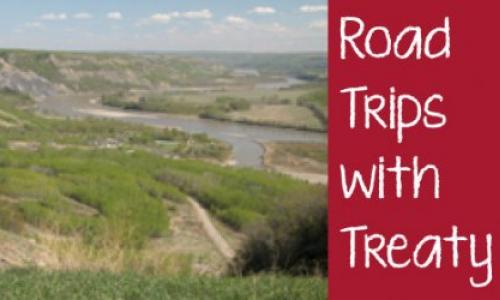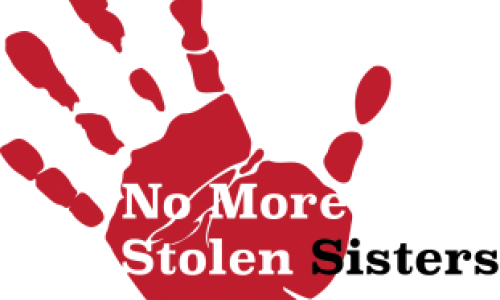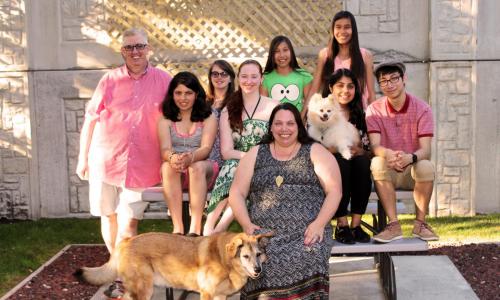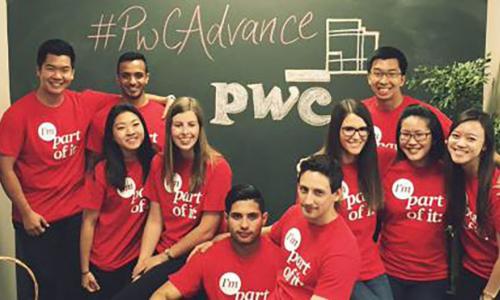Each year, SFU selects two Aboriginal graduate students to receive Graduate Aboriginal Entrance Scholarships. The master’s degree, worth up to $30,000 over two years, and the PhD, worth up to $54,000 over three years, are both sponsored by the Office of the Vice-President, Academic. Candidates must have Aboriginal ancestry, a minimum grade point average of 3.5 (out of a possible 4.33), and have demonstrated outstanding achievement, with particular emphasis on intellectual ability, originality and ability in research. The successful applicants for the 2014 scholarships were Jordan Abel and Christina Coolidge. They are exploring different aspects of Aboriginal storytelling.
PhD student Jordan Abel is studying how decolonization is reflected in the works of contemporary Indigenous and non-Indigenous poets. Master’s student Christina Coolidge is researching the importance and value of including Indigenous teachings, through oral history and storytelling, within western academia.
PhD student Jordan Abel, of the Nisga’a Nation, is a prize-winning poet who is using his three-year $54,000 Graduate Aboriginal Entrance Scholarship to study the poetics of decolonization. “Decolonization is about recognizing that settler colonialism is a structure, not an event,” says Abel, “and that Indigenous people need to destabilize that ongoing structure of colonialism.”
Abel earned an MFA in Creative Writing from UBC but chose to pursue his PhD at SFU for the chance to study under English professors such as Stephen Collis, Sophie McCall, Jeff Derksen and Clint Burnham.As well, he says, “SFU is very welcoming to me as an Indigenous person. I really appreciate all of the resources I have access to now, such as the Indigenous Student Centre. It’s amazing.” For his PhD thesis he is studying how decolonization is reflected in the works of contemporary Indigenous and non-Indigenous poets. His interest in the topic is reflected in his own poetry.
In 2014 his poetry book, “The Place of Scraps,” published by Talon Books, won the Dorothy Livesay Poetry Prize for B.C.’s best poetry book. It is about appropriated anthropology, and centres on early 20th-century anthropologist Marius Barbeau, who studied First Nations communities and subsequently purchased and removed their totems and potlatch items.
Abel has just completed a second book, Un/inhabited, published by Project Space Press, in which the poetry is constructed entirely from public domain western novels available online through Project Gutenberg. He copied and pasted all 91 western novels into a single Word document, then searched for words related to the political and social aspects of land, territory and ownership. “Each search query in the book represents a study in context,” he says. “How specific words were deployed, what surrounded those words and what was left over once they were removed? “Ultimately, the book is an investigation of the interconnections between language and land.
It looks at the public domain as a landform that is subject to all the things that landforms can be subject to, such as inhabitation and extraction.” Abel says his work helps Indigenous people recognize different modes of decolonization. It also helps him in his own quest for “personal decolonization” as he strives to discover how to become a contemporary Indigenous person in an urban, non-Indigenous environment.
Master’s student Christina Coolidge, of the Tsleil-Waututh First Nation, is using her two-year, $30,000 Graduate Aboriginal Entrance Scholarship to tell her grandmother’s story. Coolidge graduated with an SFU BA in communication last summer and immediately entered the master’s program in communication to investigate ways to address Indigenous storytelling and knowledge in a scholarly context.
Coolidge’s grandmother, Marjorie Mackie, worked for many years at the Round Lake Treatment Centre, an Aboriginal drug and alcohol recovery centre near Vernon, B.C. where culture plays an important role in treatment. Mackie developed a very successful workshop there based around an Aboriginal medicine wheel. It represents a widely held belief among many First Nations that all things are connected and must live in balance in order to nurture the spirit and contribute to health and wellness.
Coolidge feels strongly that her grandmother’s cultural teachings can serve as an example of the importance of gaining elders’ Indigenous knowledge for use in academia, and that it should be documented and passed on. “She’s the only person who knows how to teach the medicine wheel in this way,” says Coolidge. “If we don’t get it from her, then it’s gone. She’s 76 years old.”
Coolidge, 35, grew up in Armstrong, B.C. After graduating from high school in 1997 she worked for a time, then attended Okanagan College. She dropped out, however, due to her own struggles with alcohol and drug addiction. Then, she says, “In 2009, the light went on and everything changed—everything fell together. I moved here and got into SFU, and I’ve been in recovery now for the past five years. Since I’ve been sober, school has been my life.”
Coolidge has immersed herself in the SFU community, working as an Indigenous program researcher with Career Services, serving as an Indigenous ambassador, joining the First Nations Student Association, and using services at the Indigenous Student Centre. “I’ve had an amazing experience at SFU,” she says. She attributes her passion for communications and writing, however, to Okanagan College professor Colin Snowsell. “He was an amazing prof. He opened the world to me. Now, I want to do for others what he did for me. I want to be a professor.

